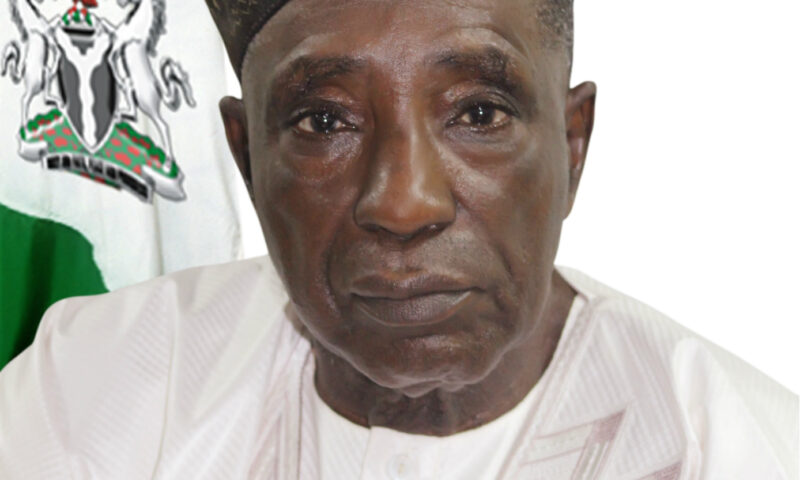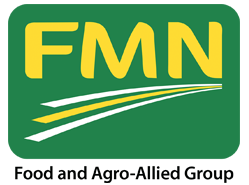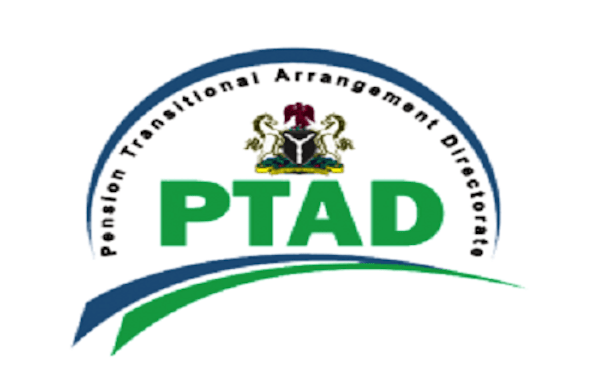Naicom charges ARIAN on contribution to sector growth
By admin
The National Insurance Commission (NAICOM) has icharged insurance agents Ithe country to make an impact on the growth of insurance industry.
The Commissioner for Insurance, CFI, Sunday Thomas, stated at the Association of Registered Insurance Agents of Nigeria (ARIAN) training in Lagos.
Represented by the Deputy Commissioner Technical, Abubakar Sabi’u Bello, the CFI emphasized on the role agents play towards the development of the industry in the genealogy of insurance business in Nigeria and charged agents to reposition themselves in the industry and get professionalized towards career development.
The event covered by Inspenonline, has insurance Managers trained by Ashish Mishra, who spoke not just on recruitment, but on retaining the agent, which he stated that it is the only way the business can flourish.
Rector, College of Insurance and Financial Management (CIFM) Dr. Yeside Abiodun, in her lecture, addressed the various stages of examination, starting from the CIIN proficiency exam and diet, adding that agents need to upskill and be professional through the exam.
The Managing Director, Mutual Benefit Assurance Life, Ademola Ifagbayi, spoke on the career path, narrating how he started as an agent in early 90s, but today he is a Managing Director.Participants
He encouraged managers to build a career in the industry and stop selling just for commission.

The two term former President of ARIAN, Gbadebo Olamerun, spoke on benefits of being a registered member and emphasized that ARIAN is ready to support any agent who is registered to develop and deliver in their respective company provided they are ready to grow.
He expressed happiness over the success of the training and promised that next year the exco will focus their training more on agents, adding that the process was designed to be a continuous process so that in time to come, the role of agent in the industry will add more value and help in improving the growth of insurance in the country, whilst deepening the penetration and as well add to the country’s GDP.
He also use the opportunity to appreciate all the special guest, facilitators and attendees who participated.
He also applauded the event organising committee and entire exco, for putting in alot of time, resources and commitment to achieve the well appreciated result.
The training which was better referred as training the trainers, had the theme: Exponential Growth in the Insurance Business in our Present Economy.
The training platform was designed to get agents to be knowledgeable about the working of the industry and as well make them understand the rudimentary of professionalism in the business.










